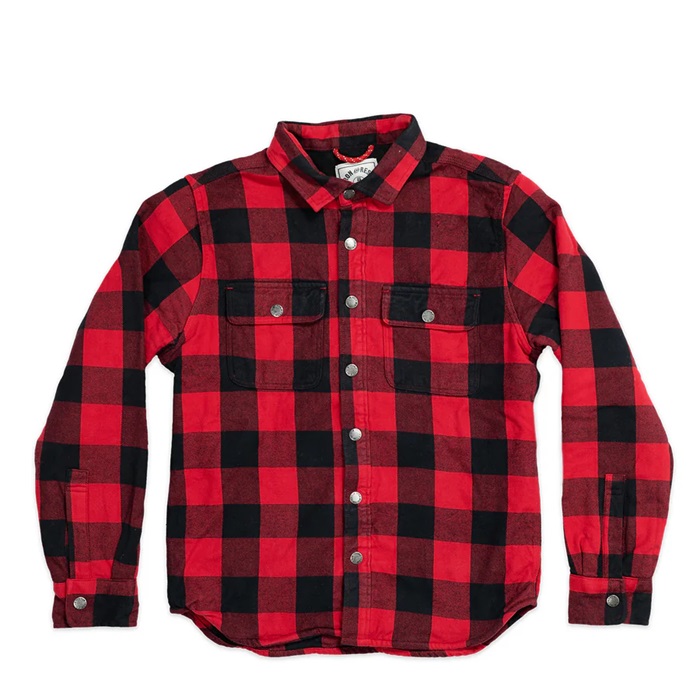Miss Moonlight
A-List Customer
- Messages
- 440
- Location
- San Diego
This seems like the best place to ask a question about attitudes and traditions regarding courtship in the Golden Era. I saw the thread entitled, Changes in Attitude in Marriage & Divorce from the Golden Era to Now. But it didn't seem to really address this part of that subject, and it's such an old thread I didn't want to resurrect it.
Regarding courtship- or, to put it another way, the length of time people get to know each other before getting engaged, and then married- I am wondering if anyone knows if there were known traditions, or recommendations or an average, or if it was really quite particular to the couple.
I realize there are some variables- certain religions, certain cultures, might have had rules of their own. But I'm thinking of the average, American man and woman in the Golden Era. I'm also sure there were things that occurred during WW2 that might not have otherwise, such as getting married because a man was going off to an uncertain fate.
If you look at today's articles, advice, etc., most people think time is the biggest deal. As if time is all we need to guarantee it will work- that couples should be dating for at least a year and then engaged another year at least. All the usual reasons are given about stability and being certain you know the person so well, but none of that seems to have helped the divorce rate. Heck, I was with someone over a year and then got engaged and he basically turned into someone else shortly thereafter- a very bad someone else.
I can't really buy the notion that everyone in the recent past did things the way modern advice givers would them to. Or that this difference really made a huge difference in their happiness.
So can anyone shed some light on the subject.
Regarding courtship- or, to put it another way, the length of time people get to know each other before getting engaged, and then married- I am wondering if anyone knows if there were known traditions, or recommendations or an average, or if it was really quite particular to the couple.
I realize there are some variables- certain religions, certain cultures, might have had rules of their own. But I'm thinking of the average, American man and woman in the Golden Era. I'm also sure there were things that occurred during WW2 that might not have otherwise, such as getting married because a man was going off to an uncertain fate.
If you look at today's articles, advice, etc., most people think time is the biggest deal. As if time is all we need to guarantee it will work- that couples should be dating for at least a year and then engaged another year at least. All the usual reasons are given about stability and being certain you know the person so well, but none of that seems to have helped the divorce rate. Heck, I was with someone over a year and then got engaged and he basically turned into someone else shortly thereafter- a very bad someone else.
I can't really buy the notion that everyone in the recent past did things the way modern advice givers would them to. Or that this difference really made a huge difference in their happiness.
So can anyone shed some light on the subject.


